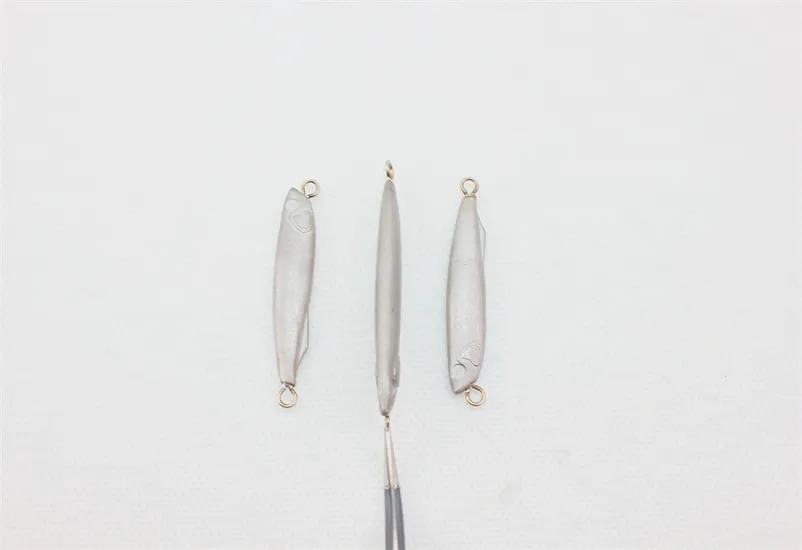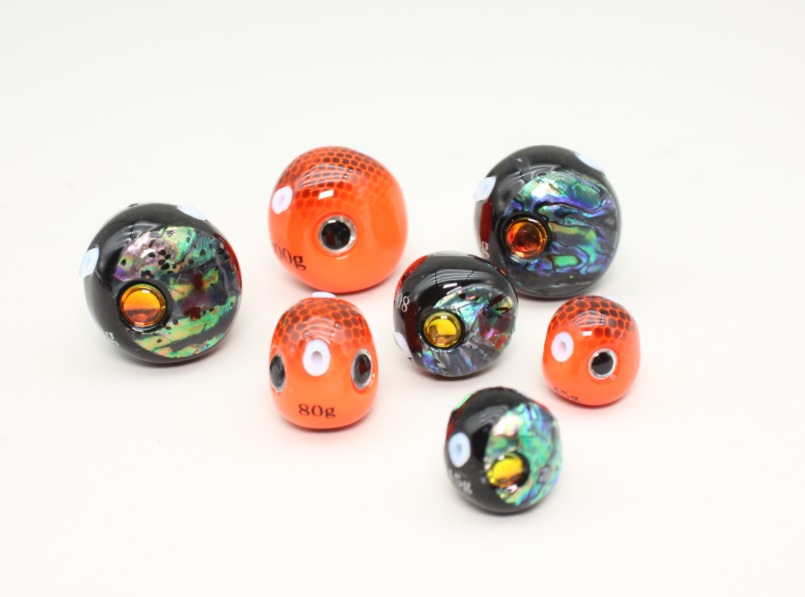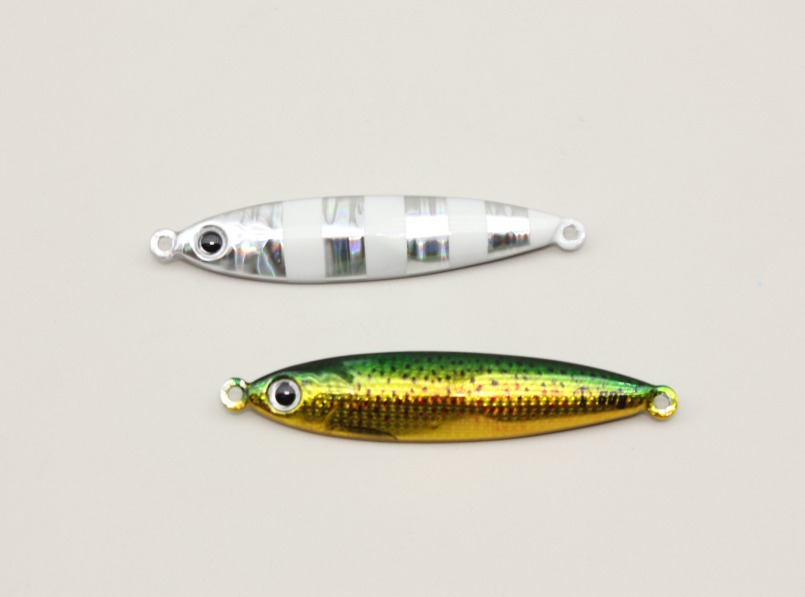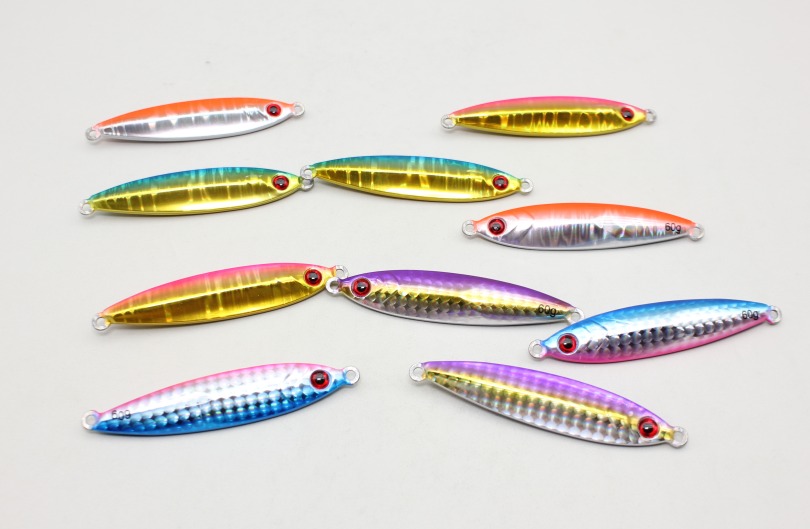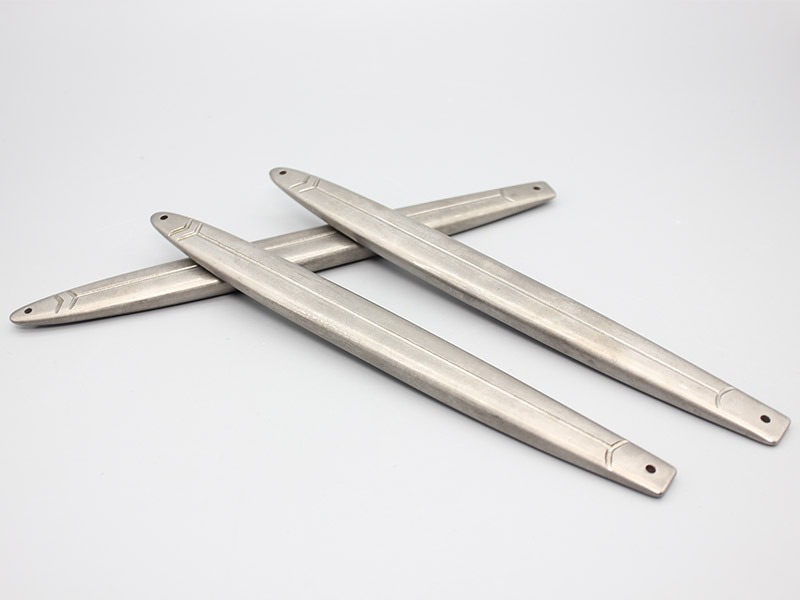JDTG 370-Tungsten jig 10g 14g 25g 45g at sale
| Payment Type: | T/T,Alipay, Others |
| Incoterm: | FOB,CIF,EXW,FCA,Express Delivery |
| Min. Order: |
200 Piece/Pieces |
| Transportation: | Ocean,Air,Express etc. |
Attributes
Model No.: JDTG-TG-370
Brand: ZZJD
Place Of Origin: China
Size: 10/14/25/45g
Material: 95% tungsten
Density: 17.5~18g/cm³
Lead Time: 30 days
PACKAGING & DELIVERY
Selling Units :Piece/Pieces
Package Type : Standard export packing
DESCRIPTION
What is the different between tungsten jig and lead jig?
Both tungsten jigs and lead jigs are types of fishing lures used to attract fish, but they have some differences in terms of composition, environmental impact, and performance.
1. Composition:
- Lead Jigs: Traditionally, most fishing jigs are made from lead due to its high density and ease of molding into various shapes and sizes. Lead is also relatively inexpensive.
-Tungsten Jigs: Tungsten jig is much denser than lead (tungsten has a density of about 19.3 g/cm³ compared to lead's 11.34 g/cm³). This means that for the same volume, a tungsten jig will be heavier than a lead jig.
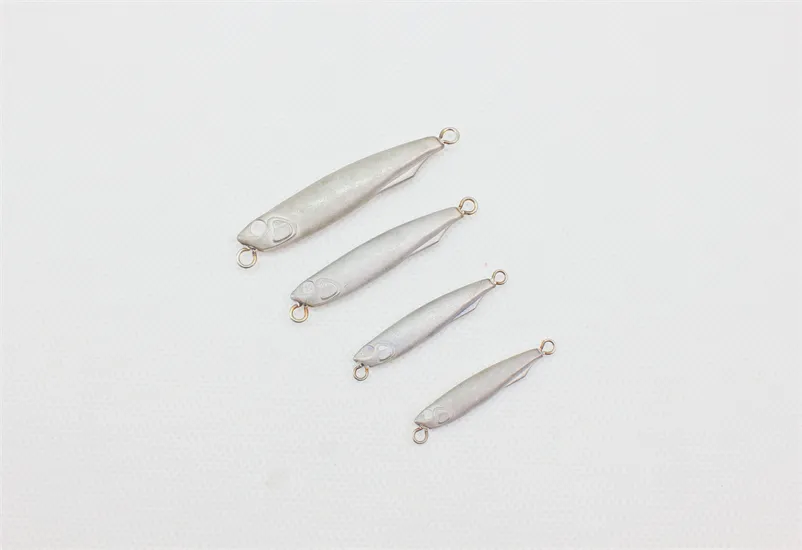
2. Environmental Impact:
-Lead Jigs: Lead is toxic and can be harmful to both wildlife and humans if ingested. There have been concerns about the environmental impact of lead fishing tackle, particularly on waterfowl and other wildlife that might ingest lost or discarded lead jigs.
-Tungsten Jigs: Tungsten is considered more environmentally friendly because it is not toxic. Tungsten mining and processing can have environmental impacts, but these are generally less concerning than those associated with lead.
3. Performance:
- Lead Jigs: Lead jigs are effective and widely used. They sink quickly and can be shaped into various designs.
- Tungsten Jigs: Due to their higher density, tungsten jigs offer a smaller profile while maintaining the same weight as a lead jig. This can make them more effective in certain fishing scenarios where a subtle presentation is desired. The higher density also allows for better casting distances and improved control in the water.
While both lead and tungsten jigs serve the purpose of attracting fish, tungsten jigs offer advantages in terms of environmental friendliness and potentially better fishing performance due to their higher density and smaller size.

 EN
EN AR
AR FR
FR DE
DE HI
HI IT
IT JA
JA KO
KO PT
PT RU
RU ES
ES ID
ID LV
LV VI
VI HU
HU MS
MS GA
GA BE
BE YI
YI EU
EU